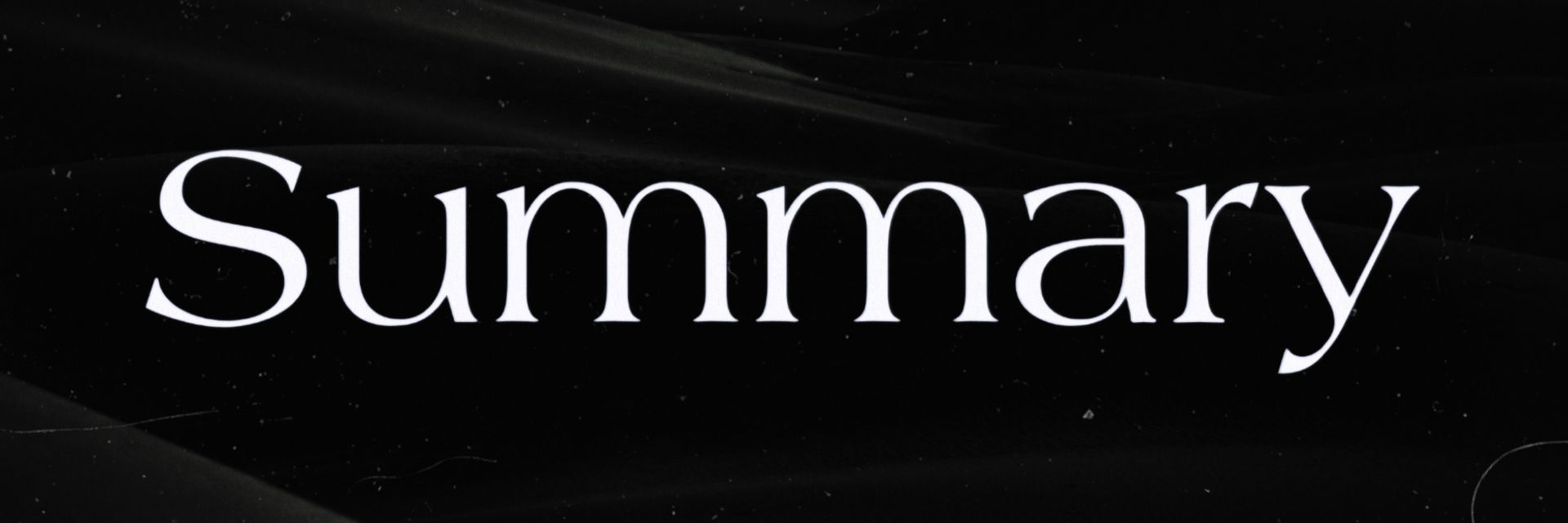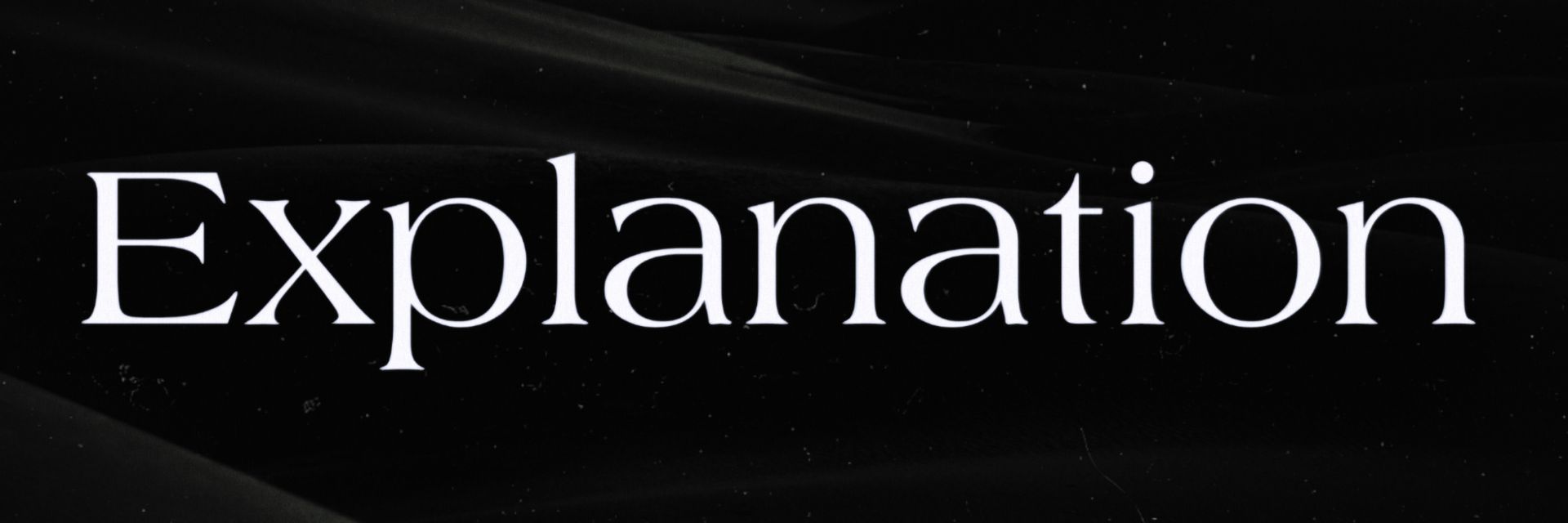𝐄𝐟𝐟𝐞𝐜𝐭𝐬 𝐎𝐟 𝐌𝐮𝐬𝐢𝐜

You don't like the original version of a song because it's better. You like it because it's the one you heard first.

Biologically, we're wired to love music. A study found that when listening to your favorite music, your brain starts to release dopamine into the nucleus accumbent, or "reward circuit" of your brain, at peak moments in the song. It feels great.
But another part of your brain, the caudate nucleus, also plays a part in music appreciation. The difference between the cuadate nucleus and the nucleus acumbent is that the former releases dopamine in anticipation of parts of a song. This normally happens with songs that you are already familiar with. You might experience this anticipatory rush right before the chorus of I Knew You Were Trouble. As the drums start beating faster and faster, you get ready for the drop, and your caudate nucleus is kicking it into gear. You know it's coming, and so does your brain.
So what happens when we listen to a new song? According to research done at Berkeley, your brain is busy looking for patterns to follow when listening to new music. Jill Suttie writes:
When people listen to unfamiliar music, their brains process the sounds through memory circuits, searching for recognizable patterns to help them make predictions about where the song is heading.
This may explain why we're bad at working and listening to brand new music. I do my best work when listening to something familiar, because my brain already knows the song pretty well.
Turns out that your brain can be pretty closed-minded when it comes to new sounds. While listening to that new indie pop single, your brain is trying to find the pattern and anticipate what's going to happen next. If the song doesn't fit into the pattern that your brain expected, you probably won't get that dopamine hit you wanted. As a result, you won't like the song on your first listen.
However, if your brain is succesful at finding familiar elements (beats, patterns, melodies) and anticipating emotional high-points, then your brain will release the dopamine that you were looking for, and you'll probably like the song.

Bạn đang đọc truyện trên: AzTruyen.Top